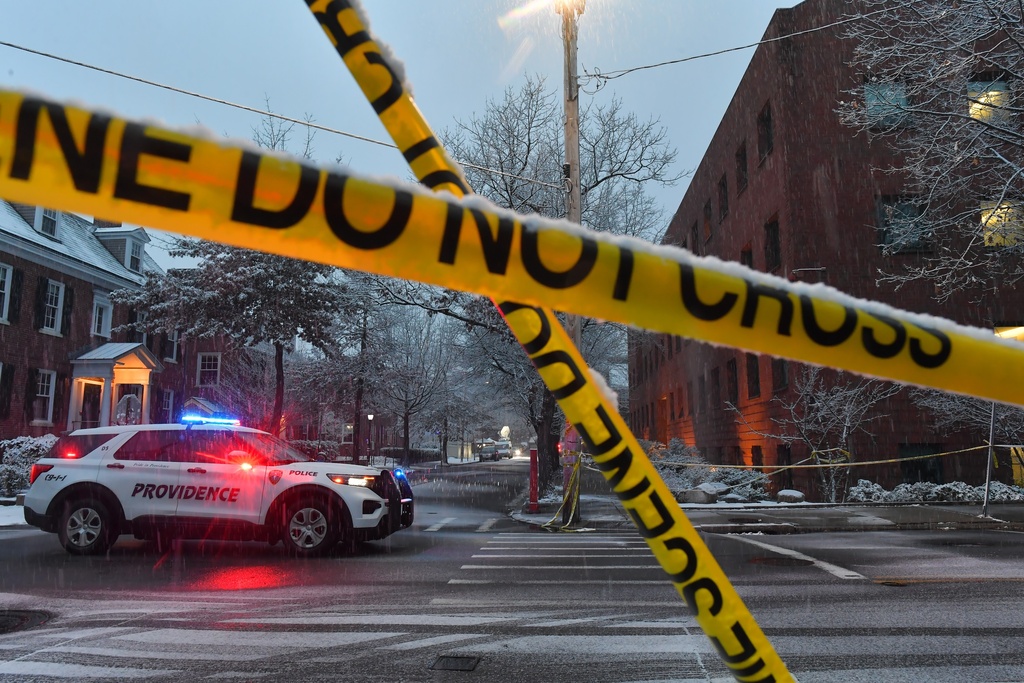Police in Manassas, Virginia looking into an alleged sexting incident announced Thursday they've decided taking pictures of a teenager's erect penis might not be necessary for their case after all.
The announcement follows a day of intense backlash after the investigator's idea was first reported. Essentially, prosecutors wanted to medically induce an erection in a 17-year-old so they could compare it with photos the teen allegedly sent to his then 15-year-old girlfriend. Cue the media outrage. (Via Newsy, Slate, Motherboard)
CHRIS HAYES: "You've been in contact with prosecutors. Do they understand how this appears to everyone else? That this seems like a deranged jihad to people, to possibly ruin the life of a young man?" (Via MSNBC)
Thankfully, that idea seems to have been shot down. A Manassas police lieutenant told the Associated Press they will not take any pictures of the suspect's erect genitals, and will let the warrant authorizing those pictures expire.
The teen in question is currently charged with producing and distributing child pornography. His aunt and legal guardian told the press she's glad police have backed off their original plan, but is still pushing for the charges to be dismissed. (Via WRC-TV)
So what, if anything, have we learned from this whole mess? A writer for The Huffington Post thinks we need to re-examine how we handle sexting cases, especially when both participants are minors. "We adults must not overreact -- from parents to police to prosecutors -- when we discover what our kids may have done."
And The Atlantic agrees, saying prosecutors should never have filed child pornography charges in this case.
"It equates exhibitionism with one of the most unspeakable crimes in existence. ... The utility and justness of sex offender registries declines rather quickly when kids engaged in sexting are listed alongside perpetrators of the latter crime."
The accused teen is due back in court by August 1.











